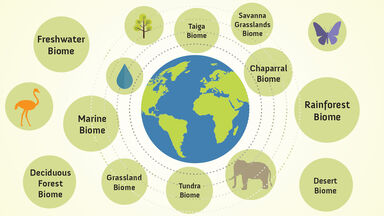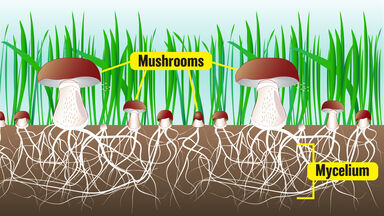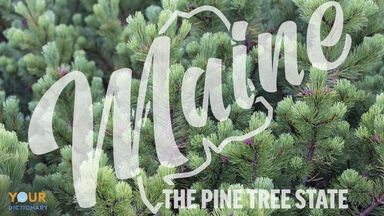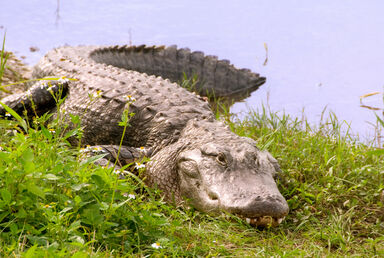Forest Definition
Origin of Forest
-
Medieval Latin foresta probably represents the fusion of two earlier words: one taken as an adaptation of the Late Latin phrase forestem silvam (“the outside woods”), mistaking forestem for woods (—a development not found in Romance languages; compare Old French selve (“forest”)); the other is the continuance of an existing word since Merovingian times from Frankish *forhist (“forest, wooded country, game preserve”) as the general word for "forest, forested land". The Medieval Latin term may have originated as a sound-alike, or been adapted as a play on the Frankish word (Gallo-Romans were often outraged by the King's exclusive hunting rights in the "outside forest". Emphasis to "outside" may have been an attempt to evoke danger, or to emphasise that the lands were banned from general note). Frankish *forhist comes from Proto-Germanic *furhisa-, *furhiþ(j)a-, *furhiją (“forest, wooded country”), from Proto-Indo-European *perkʷu- (“coniferous forest, mountain forest, wooded height”), and is cognate with Old High German forst (German Forst, “forest, wooded country”), Middle Low German vorst (“forest”), Old English fyrhþ, fyrhþe (“forest, game preserve, wooded country”), Old Norse fýri (“pine forest”), and Old Norse fjǫrr (“tree”). More at frith, fir.
From Wiktionary
-
From Middle English forest, from Old French forest, from Medieval Latin foresta (“open wood”), first used in the Capitularies of Charlemagne in reference to the royal forest (as opposed to the inner woods, or parcus). Displaced native Middle English weald, wald (“forest, weald”), from Old English weald, Middle English scogh, scough (“forest, shaw”), from Old Norse skógr, and Middle English frith, firth (“forest, game preserve”), from Old English fyrhþ.
From Wiktionary
-
Latin forestem (“outside”) comes from Latin foris (“outside, out of doors”), from Proto-Indo-European *dʰwer- (“door, gate”), akin to English door. More at foreign.
From Wiktionary
-
Middle English from Old French from Medieval Latin forestis (silva) outside (forest) from Latin forīs outside dhwer- in Indo-European roots
From American Heritage Dictionary of the English Language, 5th Edition
Find Similar Words
Find similar words to forest using the buttons below.





